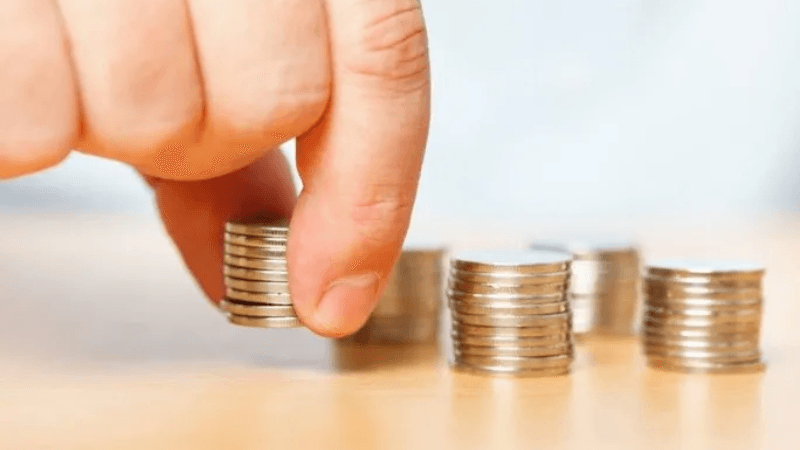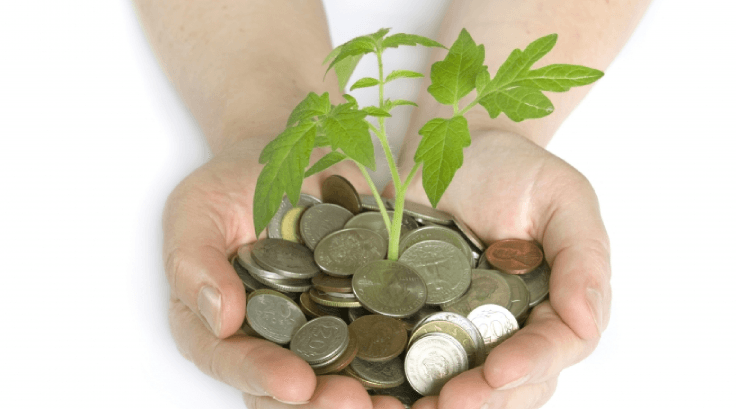
Proper management of our personal finances is crucial to achieving our long-term goals and having a healthy financial life. However, we often lack the financial education necessary to make the right decisions regarding our money. In this article, we present the 10 most important keys to improve your personal finances and achieve greater economic stability.
Define your financial goals
The first step to improve your personal finances is to define your financial goals. What do you want to achieve with your money? Do you want to save to buy a house, a car or to finance your studies? Do you want to pay your debts or have an emergency fund?
It is important that you have clear and realistic goals. You should set specific deadlines and amounts for each goal. This will help you stay focused and make better financial decisions.
Remember that your financial goals should be aligned with your personal values and priorities. Don't compare yourself to others or try to imitate their lifestyle. Define what is important to you and work towards it.
Once you have defined your financial goals, develop an action plan to achieve them. Analyze how much money you need to save each month, what expenses you can reduce or eliminate, what investments you can make, etc.
Keep a positive and persevering attitude. Don't get discouraged if the results don't come as fast as you expected. Remember that discipline and effort are key to achieving any financial goal.
Create a personal budget
One of the most important keys to improve your personal finances is to create a budget. This will allow you to have control over your expenses and know exactly what you are spending your money on.
To create a personal budget, the first thing you should do is write down all your monthly income. Next, you should make a list of all your expenses, separating them into categories such as housing, transportation, food, entertainment, etc.
Once you have a complete list of your income and expenses, you can start adjusting your budget to make sure you are living within your means. If you find that you are spending more than you earn, you will need to look for ways to reduce your expenses or increase your income.
Remember to review your budget regularly to make sure you are meeting your financial goals and making the necessary adjustments to maintain your financial balance.
Reduce your unnecessary expenses
One of the most important keys to improving your personal finances is to reduce your unnecessary expenses. To do this, it is important that you make a detailed analysis of your expenses and determine which ones you really need and which ones you can eliminate or reduce.
For example, you can start by reviewing your subscriptions to services that you do not use or that you could replace with cheaper options. You can also reduce your spending on entertainment and leisure, looking for cheaper alternatives such as outdoor activities or free events.
Another important aspect is to control your impulse purchases and avoid unnecessary purchases. Before making a purchase, ask yourself if you really need it or if it is a momentary whim. In short, reducing your unnecessary expenses will allow you to save more money and improve your financial situation in the long run.
Save regularly
One of the most important keys to improving your personal finances is to save regularly. This means setting up a budget and allocating a portion of your income to a savings fund. You can start with a small percentage, such as 10% of your salary, and gradually increase it.
It is important that this money is not used for current expenses, but that it is destined exclusively to your savings fund. In this way, you will be able to have a financial cushion in case of emergencies or unforeseen events.
In addition, saving regularly will allow you to have greater financial stability and better plan your long-term goals, such as buying a house or your children's education.
Invest in profitable financial products
One of the keys to improving your personal finances is to invest in profitable financial products. This means that you should look for options that will generate a long-term economic benefit.
Some profitable investment options are:
- Mutual funds
- Stock
- Bonds
- Time deposits
It is important that before investing, you research and analyze each option to make the right decision and minimize risks. It is also advisable to diversify your investments to reduce risk and increase your chances of making a profit.
Don't forget that investing always involves risk, so it is important that you are prepared to assume it and have patience to see the results in the long term.
Avoid unnecessary debt
One of the main causes of financial problems is excessive debt and the accumulation of unnecessary debt. Therefore, it is important that you learn to control your expenses and live within your means.
Avoid applying for loans or credit to buy things you don't need or that you could buy later with your own savings. Also, try to pay your debts in full and on time to avoid interest and additional charges.
If you already have accumulated debts, make a plan to pay them off as soon as possible. Prioritize those with higher interest rates and consider consolidating them into one loan with a lower rate.
Eliminate your existing debts
One of the most important keys to improving your personal finances is to eliminate your existing debts. If you have accumulated debts, it is important to start working on a plan to pay them off as soon as possible.
You can start by making a detailed budget of your monthly income and expenses to identify areas where you can reduce expenses and allocate more money to pay off your debts.
You may also want to prioritize paying off debts with higher interest rates, as these can add up quickly and make your debts even more difficult to pay off.
Another option is to look for ways to consolidate your debts into a single account with a lower interest rate, which will allow you to save money on interest and simplify the payment process.
Remember that eliminating your existing debts will not only help you improve your current financial situation, but will also allow you to have a better long-term perspective and be more prepared to face future expenses and unforeseen events.
Learn about financial education
To improve your personal finances, it is important to learn about financial literacy. This will allow you to make informed and conscious decisions about your spending, savings and investments.
You can look for information in books, online or in-person courses, lectures or conferences. You can also consult personal finance experts to guide you through the process.
Remember that financial education is an ongoing process and there is always something new to learn. Keep an open and willing attitude to learn in order to improve your financial situation.
Seek professional help if necessary
Don't be afraid to seek professional help if you feel you can't manage your finances on your own. A financial advisor or accountant can help you create a savings plan and invest your money effectively. You can also seek psychological help if you feel that your financial problems are affecting your emotional well-being.
Maintain a positive mindset and persevere toward your financial goals
To achieve your financial goals, it is important to have a positive and persevering attitude. This means focusing on what you want to achieve and not letting obstacles stop you.
It is normal to face challenges along the way, but you must remember that every obstacle is an opportunity to learn and grow. Keep an open mind and look for creative solutions to overcome obstacles.
It is also important to be patient and not expect immediate results. Financial success takes time, effort and dedication. Don't get discouraged if you don't see results right away. Continue to work hard and maintain a positive attitude.
Remember that your financial goals are achievable if you maintain a positive mindset and perseverance. Don't give up in the face of challenges and keep working hard to achieve your goals.






